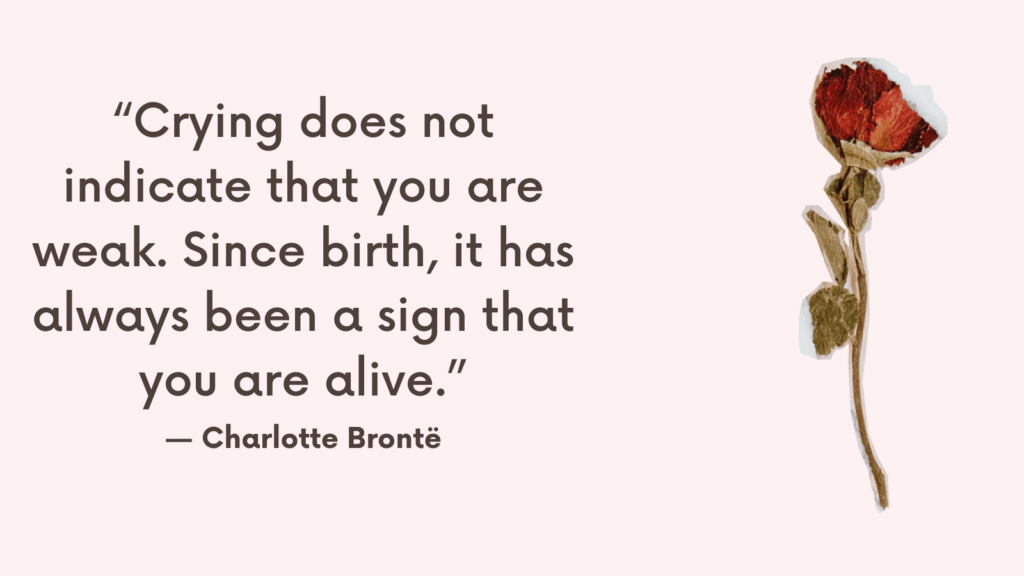“Scanxiety” is the intense fear, stress, or dread you feel before a medical scan or test result—especially after cancer. Even if you’re in remission, the worry creeps in before every follow-up: What if it’s back? What if everything changes again? This fear is real, and it doesn’t make you weak—it means you’ve been through something life-changing. Here’s how to cope when the anxiety takes over.
What Is Scanxiety?
Scanxiety is the wave of fear, panic, or unease that builds up before, during, or after medical scans—especially when you’re living with or recovering from cancer. It’s the dread of hearing bad news, the mental spiral before every follow-up appointment, and the weight of waiting for results.
It’s not just anxiety—it’s the collision of past trauma, future uncertainty, and a body you’re still learning to trust again.
Even if your scans have been clear before, even if your doctors say “it’s probably nothing,” your nervous system remembers what it’s like to be blindsided.
Why Scanxiety Feels So Intense
You’re not just nervous about the scan—you’re mentally re-living your diagnosis
You’re afraid of the unknown and the helplessness that comes with waiting
You may feel like your future, safety, and peace are on hold
You want to stay calm—but your body feels like it’s under threat
This isn’t irrational. This is your body responding to a past trauma it hasn’t fully healed from.
The Psychological Load of “Routine” Scans
It may look like just another check-up. But inside, it can feel like your life is hanging in the balance.
Your calendar says “scan day.”
Your brain says “prepare for impact.”
You might feel:
- Short-tempered or distracted
- Numb or hyper-aware of your body
- Obsessed with symptoms you might normally ignore
- Overwhelmed by fear—but unable to express it
You may try to dismiss the fear. You may even feel guilty for having it. But scanxiety is real, and your response is valid.
How Scanxiety Affects the Body
Scanxiety doesn’t just live in the mind—it floods the body. You might experience:
- Sleepless nights
- Upset stomach
- Racing heart
- Sweaty palms
- Shallow breathing
- Full-body tension
This state of hyperarousal means your nervous system is in fight-or-flight mode, even if there’s nothing to “fight” except the unknown.
How to Cope with Scanxiety: The Dread Before Every Follow-Up
1. Acknowledge the Fear Without Fighting It
You don’t have to be calm. Say to yourself:
“This fear makes sense. I’m scared because I care about my life.”
Let the anxiety be there without judgment—it’s a normal trauma response.
2. Ground Yourself in the Present Moment
Scanxiety pulls you into what ifs. Come back to what is.
- Breathe in for 4, hold for 4, exhale for 6
- Name 5 things you see, 4 things you feel, 3 things you hear
Grounding reminds your body: I’m okay right now.
Related: Top 10 Practical CBT Exercises For Generalized Anxiety Disorder Relief
3. Limit Your Exposure to Triggers
During scan week, protect your peace. Avoid doom-scrolling, stressful conversations, or emotionally demanding tasks. You’re allowed to create space for yourself.
4. Make a Plan for the Waiting Period
Waiting is the hardest part. Structure it gently:
- Plan low-stress activities (walks, favorite shows, journaling)
- Stay around calming people
- Give your brain something else to hold
5. Remind Yourself That Fear Doesn’t Predict Outcomes
Your anxiety feels convincing, but it’s not evidence. Say:
“I’ve had these fears before, and they weren’t always true.”
Let fear speak—but don’t let it decide your reality.
Related: High Functioning Anxiety Test (& How To Support Anxiety Recovery)
6. Avoid Over-Googling Symptoms
Trying to control the unknown by researching only feeds fear. Instead, ask your medical team your questions directly. Stay close to facts—not rabbit holes.
7. Talk to Someone Who Understands
You don’t need advice—you need validation. Speak to a survivor, therapist, or support group. Being seen in your fear softens its grip.
8. Use Soothing Rituals Leading Up to the Scan
Create calm: warm showers, calming music, stretching, deep breathing, scent oils, or anything that comforts your body. These small rituals remind your nervous system that you’re safe.
9. Decide in Advance How You Want to Receive Results
Ask yourself:
“Do I want to hear right away? Do I want someone with me?”
Planning your support system makes you feel less powerless.
10. Celebrate the Strength It Takes to Show Up
Getting scanned isn’t passive—it’s an act of courage. You’re facing the fear head-on to care for your body. That’s strength. Even while afraid, you’re showing up—and that matters.
Related: How to Relieve Anxious Sensations In Your Body?

Conclusion
Scanxiety doesn’t mean you’re fragile—it means you remember. Your body remembers the fear, the waiting, the trauma. But now, you also get to remember your strength, your resilience, and your right to peace—even during uncertainty. You’re not alone in this—and you don’t have to get through it perfectly. Just gently. Just one breath at a time.



